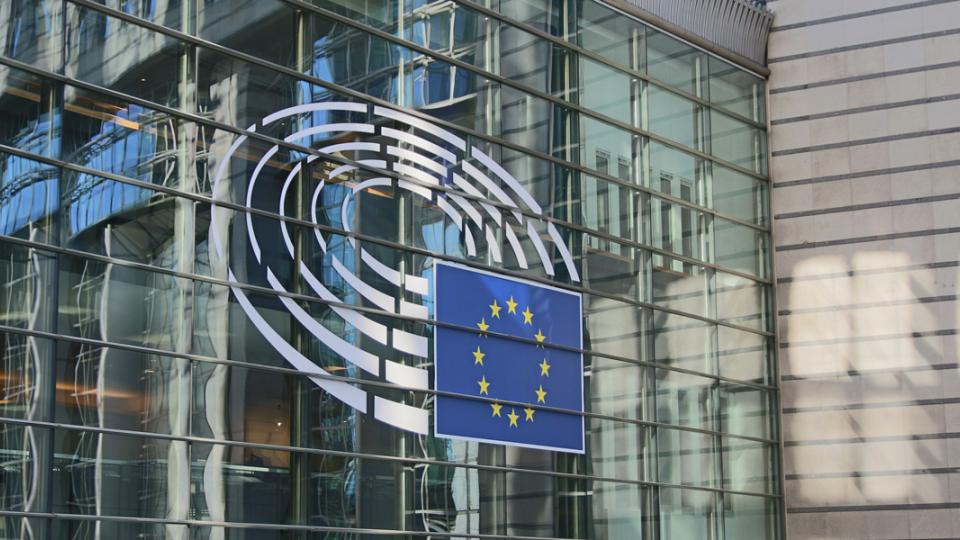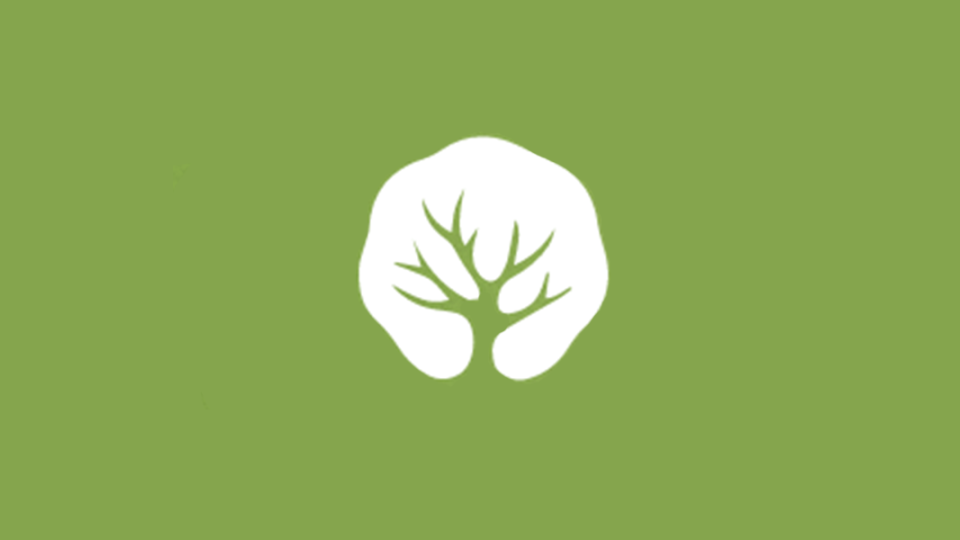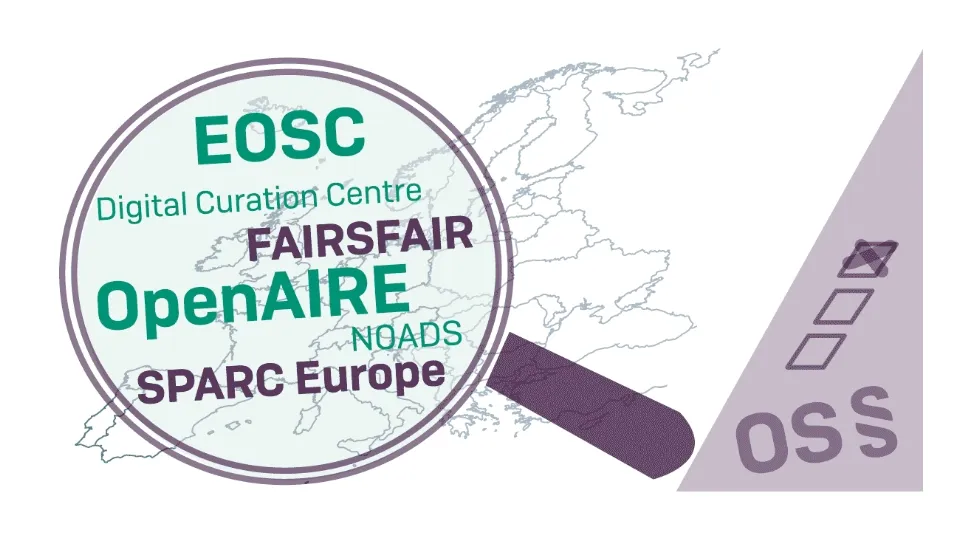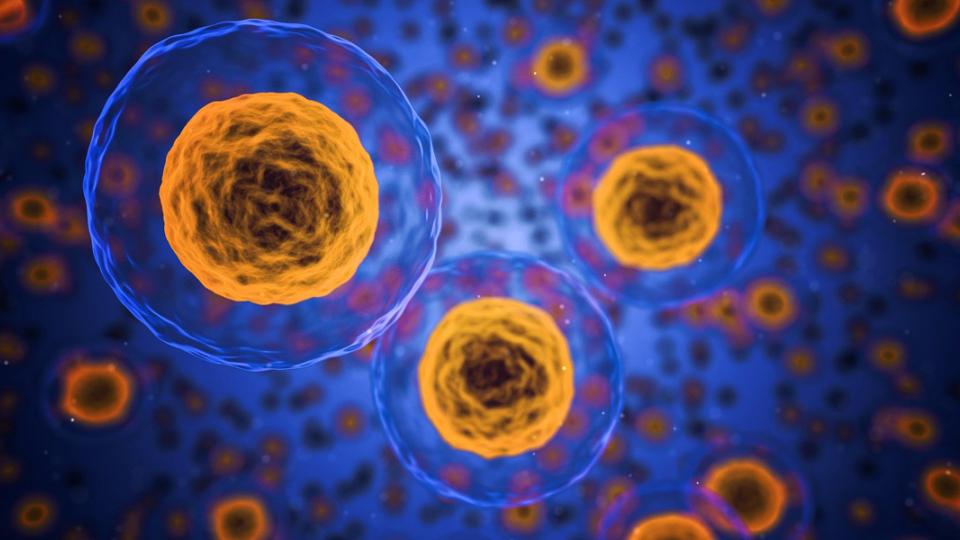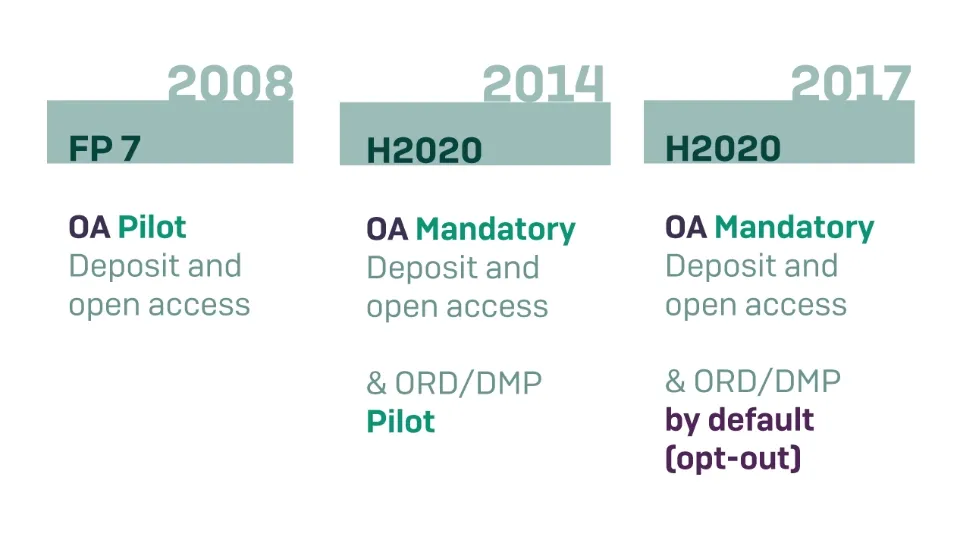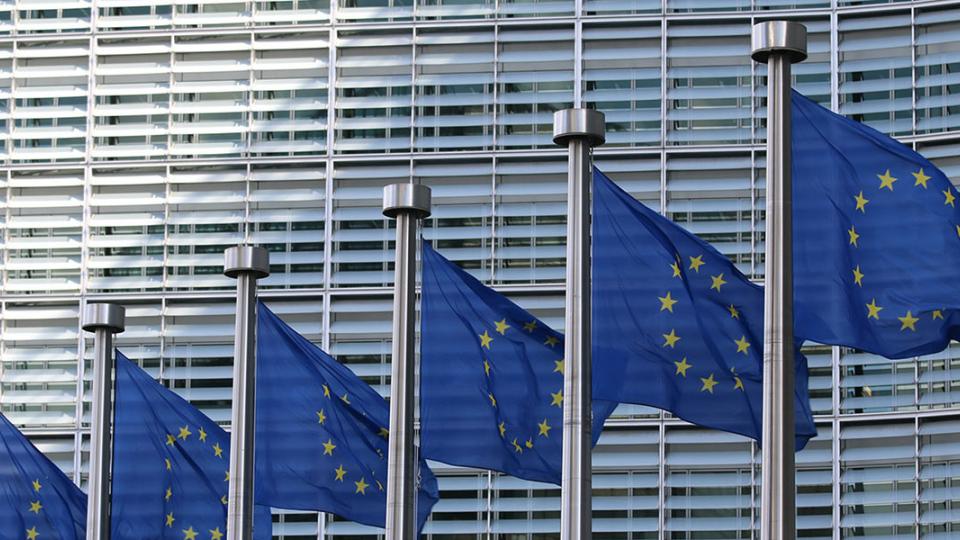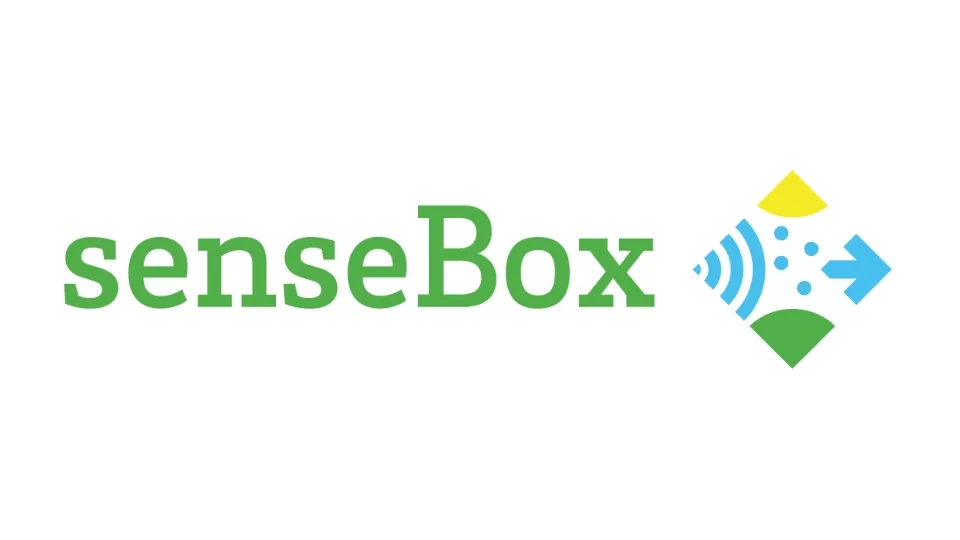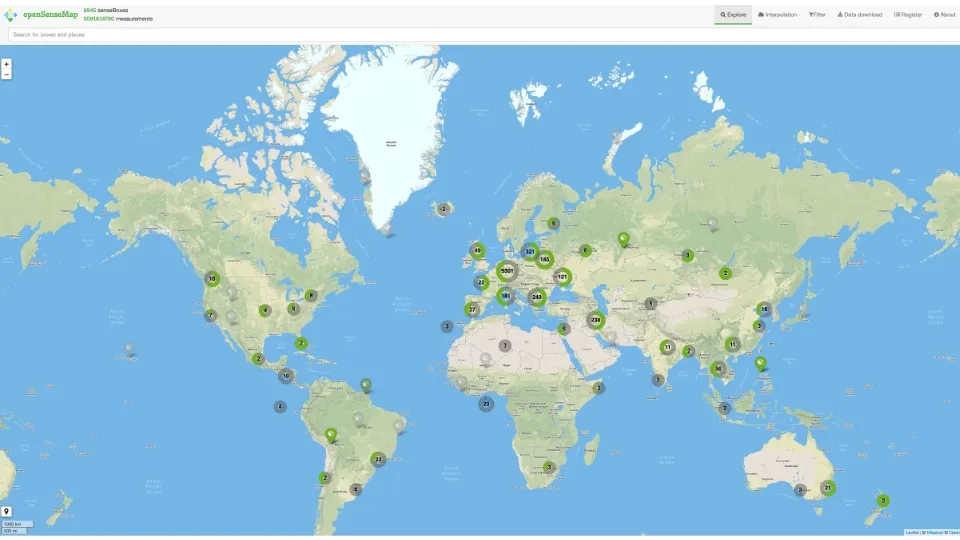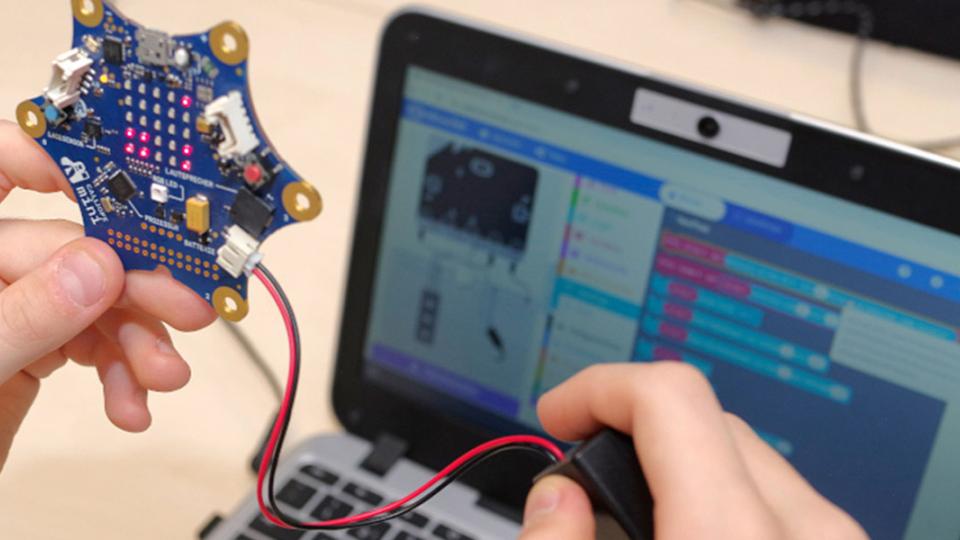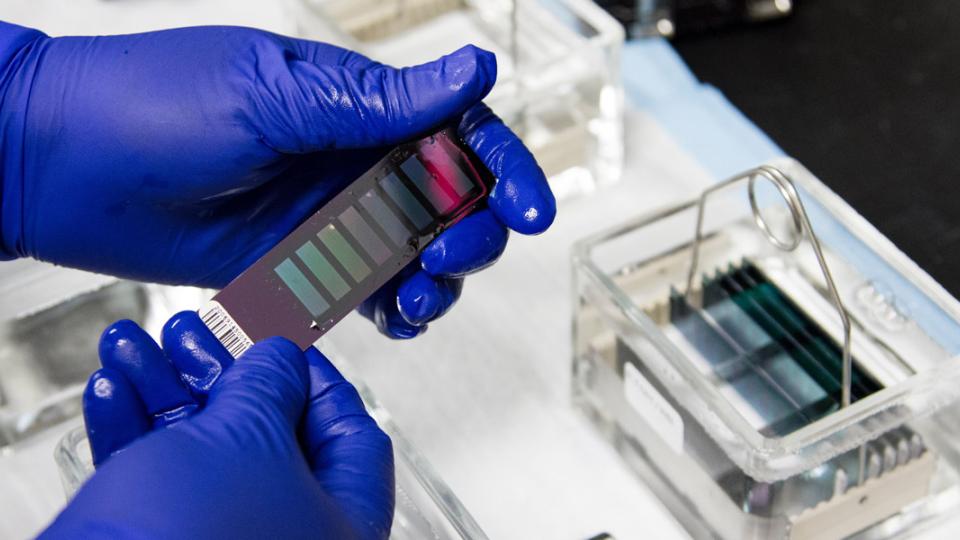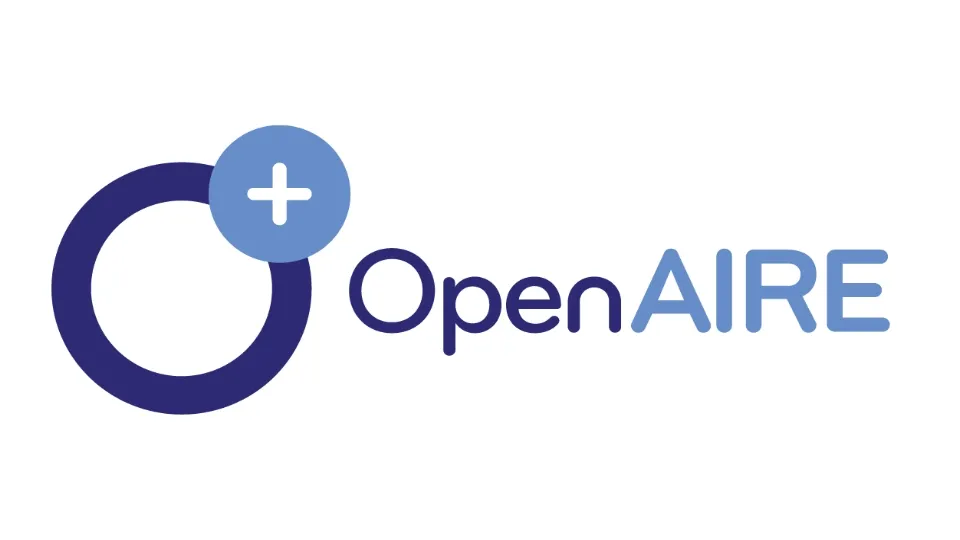Read blog articles with a strong focus on Open Science
The Open Science Policy Platform (OSPP, also EUOSPP) presented in April 2020 its final report “Progress on Open Science: Towards a Shared Research Knowledge System”.
Emerging evidence suggests that greenspace, whether used for recreation or physical activity (i.e. ‘green exercise’), can improve mental health and wellbeing.
If you are not an Open Science (OS) policy specialist and looking for quick information on foreign countries, it can be challenging to find what you need in the mass of information.
ORION is a 4-year project that has received funding from the European Union’s Horizon 2020 research and innovation programme. ORION means “Open Responsible research and Innovation to further Outstanding kNowledge”.
When researchers are involved in their first proposal within the European framework research program, they often know little about Grant Agreements and their Open Access and Open Data requirements. Here is a short overview of the Open Science Jargon in Horizon 2020.
EU rules and legislations influence and affect open science at EU and national levels. Research and the internal market are “shared competences” of the European Union. Within these two fields, the European Union can determine a common Open Science framework and to influence national policies as well.
The senseBox was developed at the Institute of Geoinformatics at the University of Münster within a research project funded by the German Federal Ministry of Education and Research (BMBF).
openSenseMap is a platform for open sensor data started in 2015 at the GI@School lab at the Institute for Geoinformatics in Münster. As part of the senseBox the project aims at educating pupils and citizens.
The Hacker School is a project of the non-profit association I3 e.V. with the aim of enabling digital education for children and young people throughout Germany.
Science Feedback is a worldwide network of experienced scientists sorting fact from fiction in science-based media coverage, starting with climate and health issues.
The European Commission launched OpenAIRE in 2010 as both an online portal (infrastructure) and a network of helpdesks and experts (National Open Access Desk (NOADs)). Its original objective was to support the implementation of the European open access policies: the ERC Scientific Council Guidelines for Open Access (2007) and the Open Access (OA) pilot in FP7.
Kiron’s mission is to offer equal opportunities in education worldwide and, since 2015, they have been offering free online learning opportunities to refugees and underserved communities.
